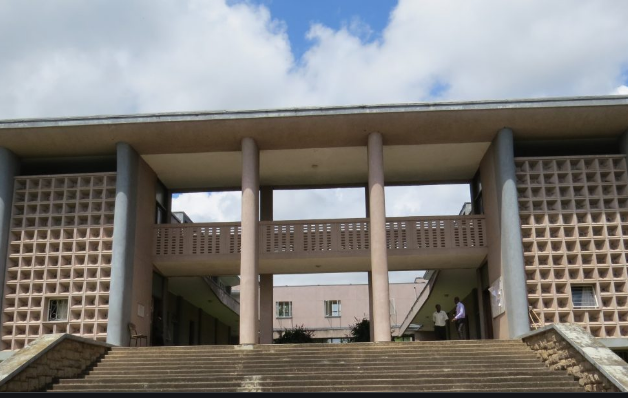By Twink Jones Gadama
Malawi, a country in Southeast Africa, finds itself at a pivotal moment as its citizens anxiously await the court’s verdict on the case of the leader of the opposition. The prolonged wait has raised questions about the efficiency and effectiveness of the judiciary system in the country, particularly regarding the granting and vacating of injunctions.
One of the primary concerns that have been raised is the disparity in the time it takes for judges to grant an injunction versus how long it takes for them to vacate it. In many cases, injunctions are granted swiftly, sometimes even within minutes of being filed. However, the process to have an injunction vacated can drag on for months, causing delays and uncertainties in legal proceedings.

In the case of the leader of the opposition, the presiding judge has taken months to lift the injunction that was placed on them. This delay has further heightened tensions and added to the already complex political landscape in Malawi. The question on many people’s minds is why it takes so long for the judiciary to resolve such matters, especially when they have the power to impact the functioning of the government and society as a whole.
The role of the Chief Justice in cases like these is crucial. As the head of the judiciary system, the Chief Justice has the power to intervene and ensure that cases are resolved in a timely and efficient manner. In the current situation, where the legislature claims that the court’s actions have tied their hands, the Chief Justice must step in to mediate and facilitate a swift resolution.
Furthermore, the delays in delivering a verdict have serious implications for the smooth operation of the government and the democratic process in Malawi. With the leader of the opposition effectively sidelined due to the injunction, the legislative branch is unable to function effectively, leading to a potential breakdown in governance and accountability.
It is clear that the judiciary system in Malawi is in need of reform. The inefficiencies and delays in the legal process not only undermine the rule of law but also erode public trust in the institutions that are meant to uphold justice. The Chief Justice must take decisive action to address these issues and ensure that justice is served promptly and fairly.
As Malawians continue to wait for the court’s verdict, the spotlight remains firmly on the judiciary system and its ability to uphold the principles of justice and equality. The outcome of this case will have far-reaching consequences for the country and its future political landscape. It is imperative that the judiciary acts swiftly and decisively to uphold the rule of law and ensure that justice is served without delay.









